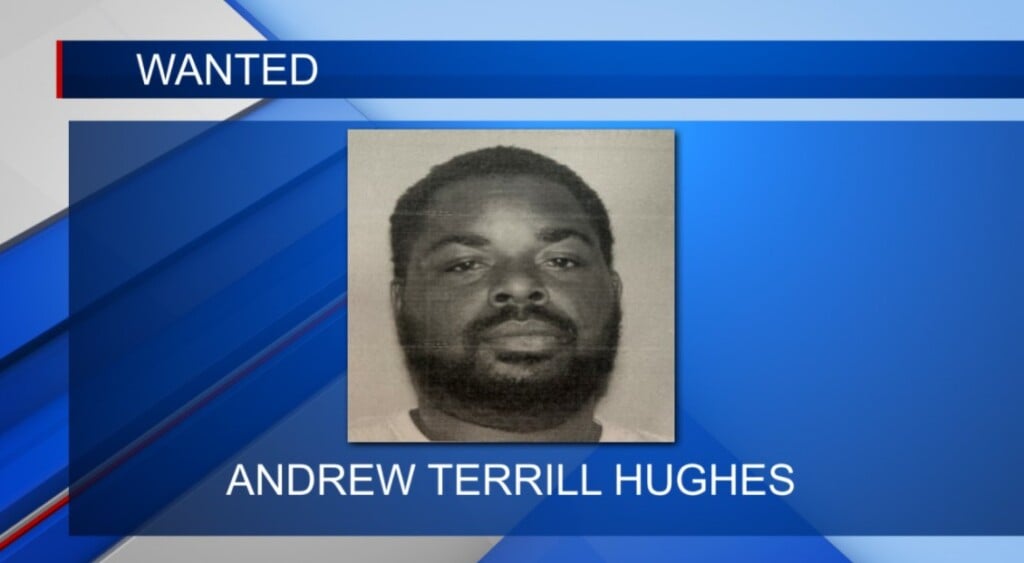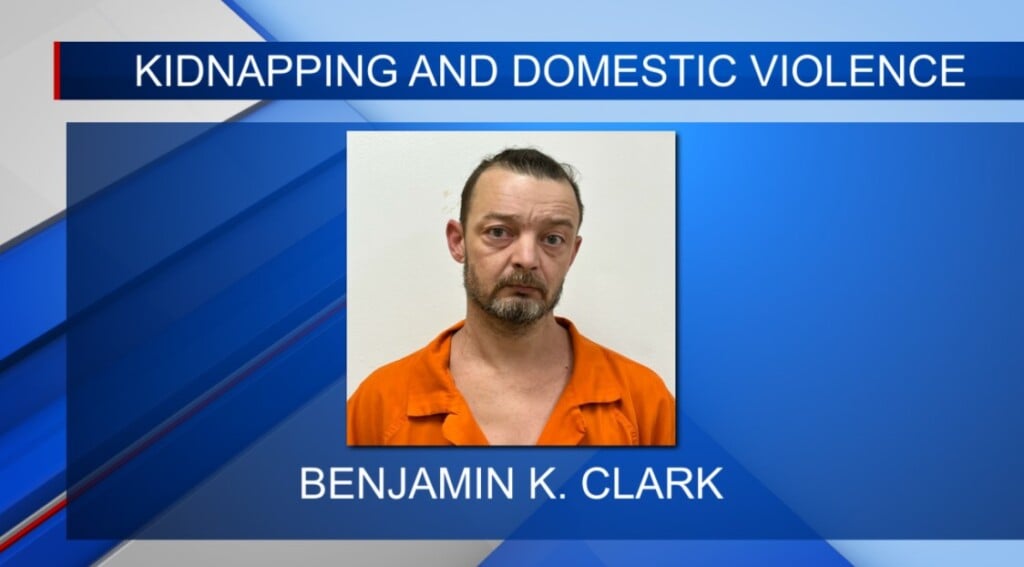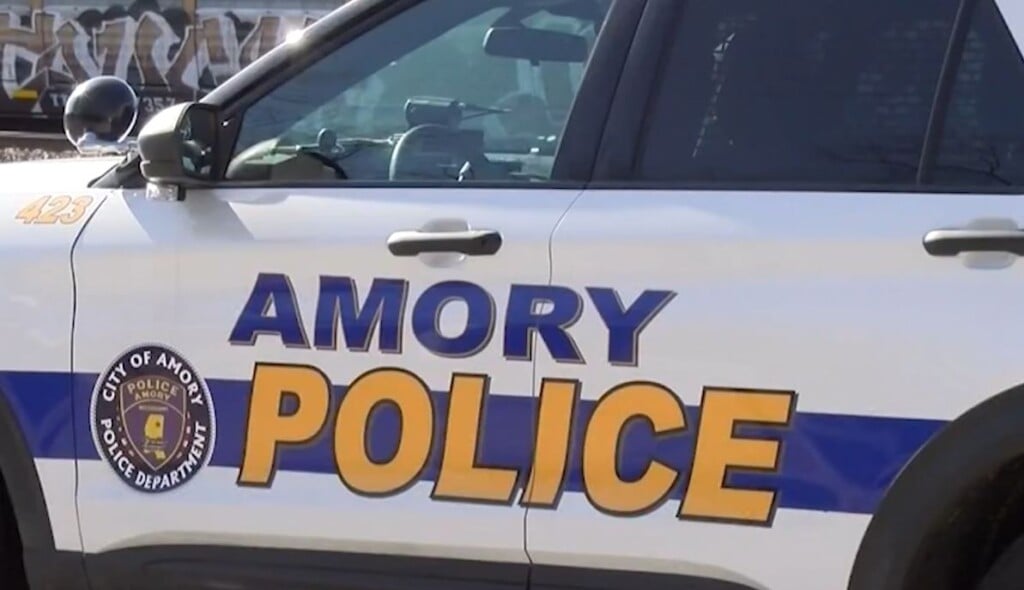Supreme Court overturns convictions in New Jersey “Bridgegate” case
Washington — The Supreme Court on Thursday reversed the convictions of two former aides to ex-New Jersey Governor Chris Christie in a case stemming from the 2013 scheme to close lanes to the George Washington Bridge to punish a political opponent, a saga that came to be known as “Bridgegate.”
The court ruled unanimously in the case involving Bridget Kelly and William Baroni, who were convicted by a jury in 2016 on federal charges of fraud and conspiracy. Justice Elena Kagan delivered the opinion for the court, which held that because the lane closure scheme didn’t aim to obtain money or property, Baroni and Kelly couldn’t have violated federal fraud laws.
“For no reason other than political payback, Baroni and Kelly used deception to reduce Fort Lee’s access lanes to the George Washington Bridge — and thereby jeopardized the safety of the town’s residents. But not every corrupt act by state or local officials is a federal crime,” Kagan wrote. “Because the scheme here did not aim to obtain money or property, Baroni and Kelly could not have violated the federal-program fraud or wire fraud laws.”
Christie said in a statement in response to the ruling that “justice has finally been done” and claimed the Justice Department under former President Obama allowed a federal prosecutor to “weaponize the office for political and partisan reasons.”
“As many contended from the beginning, and as the court confirmed today, no federal crimes were ever committed in this manner by anyone in my administration,” he said.
Still, the Supreme Court acknowledged the seriousness of Kelly and Baroni’s actions, but said federal fraud laws do not encompass the conduct they engaged in.
“The evidence the jury heard no doubt shows wrongdoing — deception, corruption, abuse of power,” the court said. “But the federal fraud statutes at issue do not criminalize all such conduct.”
The justices heard arguments in the case in January, during which they weighed whether the convictions of Kelly, Christie’s former deputy chief of staff, and Baroni, former deputy executive director of the Port Authority of New York and New Jersey, should stand.
The two, with the assistance of a third official, ordered the closure of lanes to the George Washington Bridge from Fort Lee, New Jersey, into Manhattan as political retaliation against the town’s mayor. The lane closures caused nightmarish traffic delays for days on the most heavily trafficked bridge in the world.
During arguments, the justices considered whether the actions of Kelly and Baroni constituted property fraud under federal statutes since they lied to reallocate the bridge lanes when they lacked authorization to change traffic patterns.
Prosecutors accused the two of scheming to close the traffic lanes by creating a fictitious traffic study to justify the lane realignment. But the closures were intended to punish Fort Lee’s mayor, as he declined to endorse Christie’s 2013 reelection bid.
“Time for some traffic problems in Fort Lee,” Kelly wrote in an email about the change in traffic flow.
A jury convicted Kelly and Baroni in 2016 on property fraud and civil rights charges, though the latter were tossed out by a federal appeals court. Kelly received 13 months in prison and Baroni was sentenced to 18 months. Christie said he was not involved and was not charged in the scandal. Still, his approval ratings plunged and his prospects in the 2016 Republican presidential race were hurt.
The 3rd U.S. Circuit Court of Appeals upheld Kelly and Baroni’s convictions, ruling they defrauded the Port Authority of its property by lying about the fake traffic study to justify the traffic realignment.
Kelly appealed to the Supreme Court, and the high court agreed to take up the case last year.





Leave a Reply